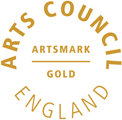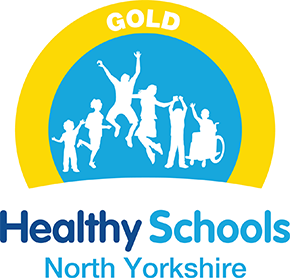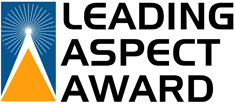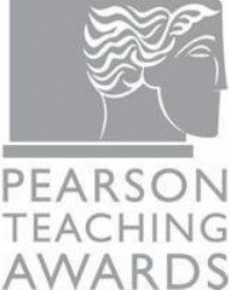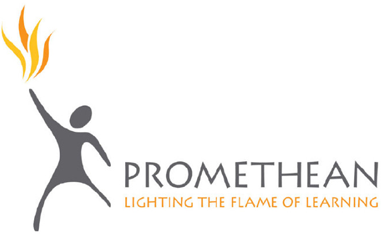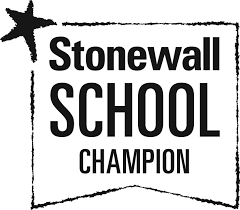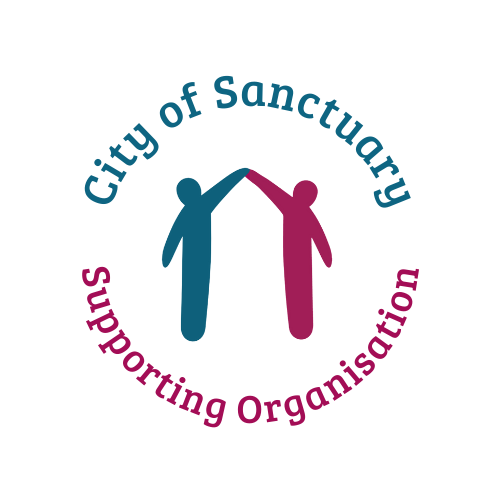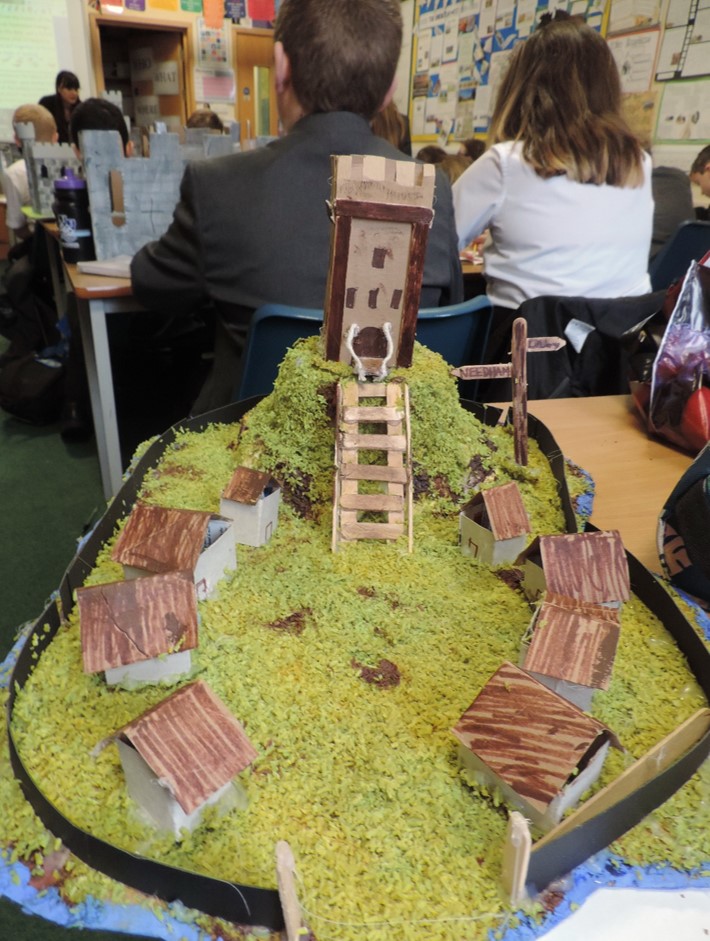 History
History
Name : Ms S Burgess
Position : Curriculum Area Leader
Email address : sb@selbyhigh.co.uk
History Curriculum Overview
history curriculum overview feb 2022.pdf
Curriculum Intent:
Why does History matter? History does not simply accept the past for what it was but continually questions the who, what, where, why, and how. Through looking at past events and interpretations of them, students are encouraged to think independently, critically and objectively about the world around them. By engaging with a range of historical narratives, students are encouraged to appreciate their place in the world. History broadens horizons and promotes cohesion; engaging with complex and emotive issues in the past, students are encouraged to draw relevant and contemporary parallels which challenge them to maintain open minds and confront prejudice. History develops the ability for students to think freely and pursue their own interests and ideas. They can test hypotheses, develop opinions, and be challenged on a wide range of topics.
History allows students to explore a range of cultures and experiences beyond their own lives and this helps to promote understanding and tolerance. Thought provoking and relevant lessons challenge and encourage all students to discuss their ideas and opinions in a safe and positive environment. The curriculum offers a rich and varied approach to learning about the past that aims to inspire and excite students as to the role, purpose and significance of History within today’s society.
KS3
At KS3 History is taught through a combination of overview, thematic and depth studies. The content ensures all pupils can identify and understand major events, changes and developments in British, European and World history from medieval times to the current day. Following the National Curriculum we cover a range of time periods, themes and ideas. This includes life in Britain before the Norman invasion of 1066, revolutions in industry and society in the 18th and 19th centuries, the rise and impact of the British Empire, and the World Wars and conflicts since 1945. Key events are taught in broadly chronological order, but with the emphasis on key concepts and skills such as change and continuity, significance, interpretations, cause and consequence, similarity and difference and sources. Pupils are taught to describe, analyse and explain sources of information including texts, pictures and artefacts. They are encouraged to think about how the past is interpreted and develop their own ideas about significant historical events and people. They are taught how to investigate and communicate their understanding of cultural, ethnic and religious diversity. Through all the units of study students are actively encouraged to develop their personal learning and thinking skills, recognising the need to work together in teams, share ideas and encourage others to contribute within this context. We also seek to enable students to become independent learners, setting their own questions for historical enquiries and finding evidence to support their findings.
Pupils may choose to continue their study of History at GCSE. At this level, they build on the skills taught in KS3 and develop and extend their knowledge and understanding of key events, periods and societies. This will be done through the study of three eras: Medieval (500-1500), Early Modern (1450-1750) and Modern (1700-present day) on three time scales: short (depth study), medium (period study) and long (thematic study) and on three geographical contexts: a locality (the historic environment), British and European and / or wider world settings. GCSE History provides students with the opportunity to develop their knowledge, refine their analysis and communication skills and be able to make balanced and well supported judgments. We study AQA GCSE History. There are four units examine in two exams each one lasting 2 hrs
Paper 1: Understanding the modern world
Section A: Period study: America, 1840–1895: Expansion and consolidation. This will include: geography of Great Plains, why early settlers went west and challenges they faced; the Mormons; the Plains Indians’ way of life and Government policy towards them, increasing conflict on Plains, American Civil War, the Homesteaders, the resolution of ‘the Indian problem’ after 1865, closing of frontier and impact on native Americans.
Section B: Wider world depth study: Conflict and tension, 1894–1918. This will include: causes, nature and conclusion of First World War and role of key individuals and groups in shaping change. It will cover: causes of the First World War, outbreak of war, escalation of the conflict, stalemate on the Western Front, military tactics and technology, war on other fronts, events and significance of the war at sea, ending the war.
Paper 2: Shaping the nation
Section A: Thematic study: Britain: Health & the people: c1000 to present day. Part one: Medieval medicine: understanding and treating disease, medical progress, Christianity, hospitals, Islamic medicine, surgery, ideas and techniques. Public health in towns and monasteries, the Black Death. Part two: beginnings of change: Renaissance, dealing with disease, traditional and new methods of treatments and prevention of disease. Part three: revolution in medicine: Germ Theory and its impact, revolution in surgery, improvements in public health. Part four: Modern medicine: Modern treatment of disease, development of pharmaceutical industry, impact of war and technology on surgery, modern public health.
Section B: British depth study (inclu. historic environment: Norman England, c1066–c1100) This will include: Part one: The Normans: conquest and control (causes of Norman Conquest, establishing and maintaining control Part two: Life under Normans (feudalism, justice system, Domesday Book, economic and social changes) Part three: Norman Church and monasticism (Church organisation, Church-state relations, William II and the Church, monasticism) Part four: historic environment of Norman England. This is 10% of the overall course. This site will be specified by the exam board every year to focus on a particular site in its historical context, examining the relationship between a specific place and associated historical events and developments such as an abbey castle or battlefield.
Personal development and cultural capital
Personal development and cultural capital is encouraged by a challenging curriculum that allows students to experience the past through a range of cultures and experiences beyond their own lives. History provides a wide skill set which help students to show that they are well-rounded and employable people and we aim to enable students to develop skills beyond the classroom such as working with others, forming and supporting an argument, and becoming independent learners. Through both lessons and links to the local community, we seek to promote social awareness and encourage a sense of belonging to a community through a shared history. The curriculum is designed to meet individual needs, interests and aspirations. We aim to provide constant opportunities for discovery and challenge and allow students to take greater responsibility for their learning. We aim to build up resilience through different challenge and extension tasks enabling students to describe, explain and evaluate the past. The curriculum encourages active citizenship by relating topics where possible to current events, encouraging debate amongst students; focus on looking at evidence and drawing own their supported conclusions and judgements. We aim to introduce students to a range of sources that allow them to study and interpret the past including written and oral accounts, paintings and pictures. This allows them to appreciate the rich and varied past with all its creativity and achievement in many different social, economic, political and religious contexts. We examine interpretations of the past from different historians and teach the skills to recognise the value and worth of different perceptions. Through this, students will be knowledgeable about a wide range of culture, both past and present and be able to share their understanding with others.
Wider curriculum opportunities
We aim to give students the opportunity to broaden their experience of History and encourage them to explore their local environment and own history. We have been actively engaged in local history projects in recent years such as Selby Cemetery Heritage Lottery project, 750 anniversary of Selby Abbey and remembering Selby soldiers from World War One. We continue to seek opportunities for local history projects that help students connect with their own and community past. As and when relevant through the year, we take part in national initiatives such as Holocaust Memorial Day and Remembrance events. Enrichment activities currently run are family history and archaeology for KS3 and KS4 GCSE support for Year 11.
Assessment
Retrieval and revision work forms part of every History lesson. This includes content from the previous lesson, as well as previous topics. Every topic in the SoL is focused on an enquiry question that is broken down into smaller tasks and activities that link to a second order concept of history such as cause and consequence. Within each SoL specific pieces of work are identified as assessment pieces that students will be given feedback on and time to make improvements. Assessments allow students to show their knowledge and understanding through an evaluation of key questions set as part of the enquiry. There are also regular knowledge tests that assess content covered recently, but approximately 20% of each assessment will also be retrieval of previous work to enable students to retain and learn key knowledge.

